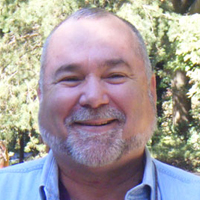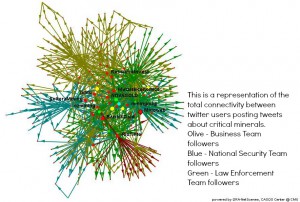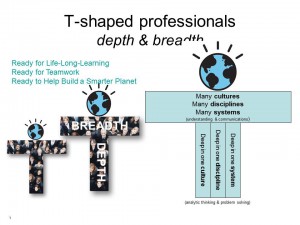
Click on Image for Personal Web Page
TIME has provided an utterly spectacular story on how the Obama team melded big data. As I finished the article, I could not help but wonder how much more useful the secret intelligence world would be, to so many more people, if it could do this for the rest of the world — with the $75 billion a year it spends — what the Obama team was able to do for a fraction of that price in the USA alone — as Stephen Cambone called for in 2000, neighborhood and household level granularity. This is what I told NSA in Las Vegas in 2002; this is what I put into a US Army monograph and a book in 2002. An Open Source Agency (OSA) as recommended by the 9/11 Commission, but under diplomatic or commercial auspices, remains the needed foundation for making intelligence (decision-support) not just relevant, but compellingly necessary to policy, acquisition, and operations.
In passing, this story helps us understand that Karl Rove did not do so badly — handicapped as he was by a party bent on self-destruction (or they would have nominated Ron Paul and an Independent or Libertarian Vice President) — the “nine ways” with “twelve amigos” came vastly closer than anyone had a right to expect.
Inside the Secret World of the Data Crunchers Who Helped Obama Win
TIME, 7 November 2012

In late spring, the backroom number crunchers who powered Barack Obama’s campaign to victory noticed that George Clooney had an almost gravitational tug on West Coast females ages 40 to 49. The women were far and away the single demographic group most likely to hand over cash, for a chance to dine in Hollywood with Clooney — and Obama.
So as they did with all the other data collected, stored and analyzed in the two-year drive for re-election, Obama’s top campaign aides decided to put this insight to use. They sought out an East Coast celebrity who had similar appeal among the same demographic, aiming to replicate the millions of dollars produced by the Clooney contest. “We were blessed with an overflowing menu of options, but we chose Sarah Jessica Parker,” explains a senior campaign adviser. And so the next Dinner with Barack contest was born: a chance to eat at Parker’s West Village brownstone.
. . . . . . . . .
How to Raise $1 Billion







